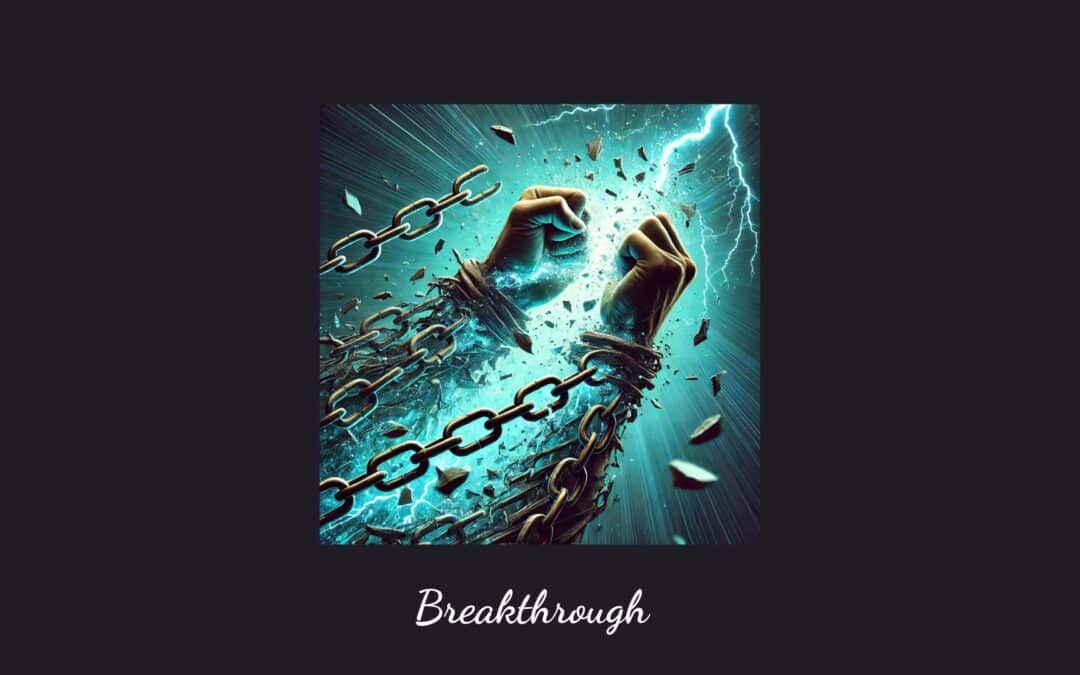
Episode 14—Hitting Rock Bottom

Episode 14—Hitting Rock Bottom
In Episode 14 of From the Shadow to the Light, we enter the perilous terrain of rock bottom—the point where addiction, emotional pain, and the collapse of self converge. As I spiraled into relapse, financial ruin, and complete spiritual bankruptcy, I came face-to-face with the undeniable truth: I could no longer hold it all together. This episode is a raw account of what it means to reach the end of yourself—and how, even there, something deeper begins to stir.
Episode Title: Hitting Rock Bottom
Episode Number: 14
Welcome to Episode 14 of From the Shadow to the Light, where we dive into Chapter 14 of my memoir, Struck by Lightning: My Journey from the Shadow to the Light.
In this episode, I share the harrowing reality of what it looked like to hit rock bottom—when my marriage ended, my sobriety shattered, and my sense of self dissolved into addiction and despair. What began as a slow emotional unraveling turned into full-blown dependence, dangerous relationships, and life-threatening withdrawal. I was three days from foreclosure, unable to function, and spiritually bankrupt. Yet even in that pitch-black space, the stirrings of surrender were quietly forming. Join me as we walk through the pivotal moments that led to my collapse—and how this breaking point became the groundwork for the profound transformation that followed.
Reflective Questions
Theme 1—Denial and Bottling Up Emotions
- Reflect on a time when you denied your emotions and bottled them up. How did it impact your actions and decisions?
- How can acknowledging and addressing our emotions help prevent the illusion of control and lead to healthier coping mechanisms?
Theme 2—The Seductive Power of Addiction
- Reflect on a time when addiction or a harmful habit seduced you into believing it was under control. What were the consequences?
- How can we become more aware of the deceptive nature of addiction to better protect ourselves and seek help when needed?
Theme 3—The Search for External Validation
- Reflect on when you sought validation from others to fill an internal void. What were the outcomes, and how did it impact your self-worth?
- How can we shift our focus from seeking external validation to cultivating self-acceptance and self-love?
Theme 4—The Descent into Dependence
- Reflect on a time when you realized you were losing control over a harmful habit or addiction. What were the signs, and how did it impact your life?
- How can acknowledging the depth of our dependence help us seek the support and resources needed for recovery?
Theme 5—Hitting Rock Bottom
- Reflect on a time when you realized you had hit rock bottom. What were the key moments that led to this realization?
- How can hitting rock bottom become the foundation for seeking help and starting the journey toward recovery?
Conclusion
As we close Episode 14, “Hitting Rock Bottom,” we’ve explored the emotional collapse that comes with addiction, the quiet lies we tell ourselves, and the pain of being trapped by our own self-destructive patterns. We’ve witnessed how denial, longing for love, and unchecked dependence can lead us straight into the abyss
But rock bottom is not just devastation—it’s also revelation. It’s where the illusion shatters, where we stop pretending, and where the soul begins to whisper that change is possible. Though the pain was unbearable, it cracked something open in me: the need to surrender
As we prepare for our next episode, I Surrender, we’ll explore what it means to let go—truly let go—and allow something greater to begin the healing. Thank you for joining me on today’s podcast of From the Shadow to the Light.




